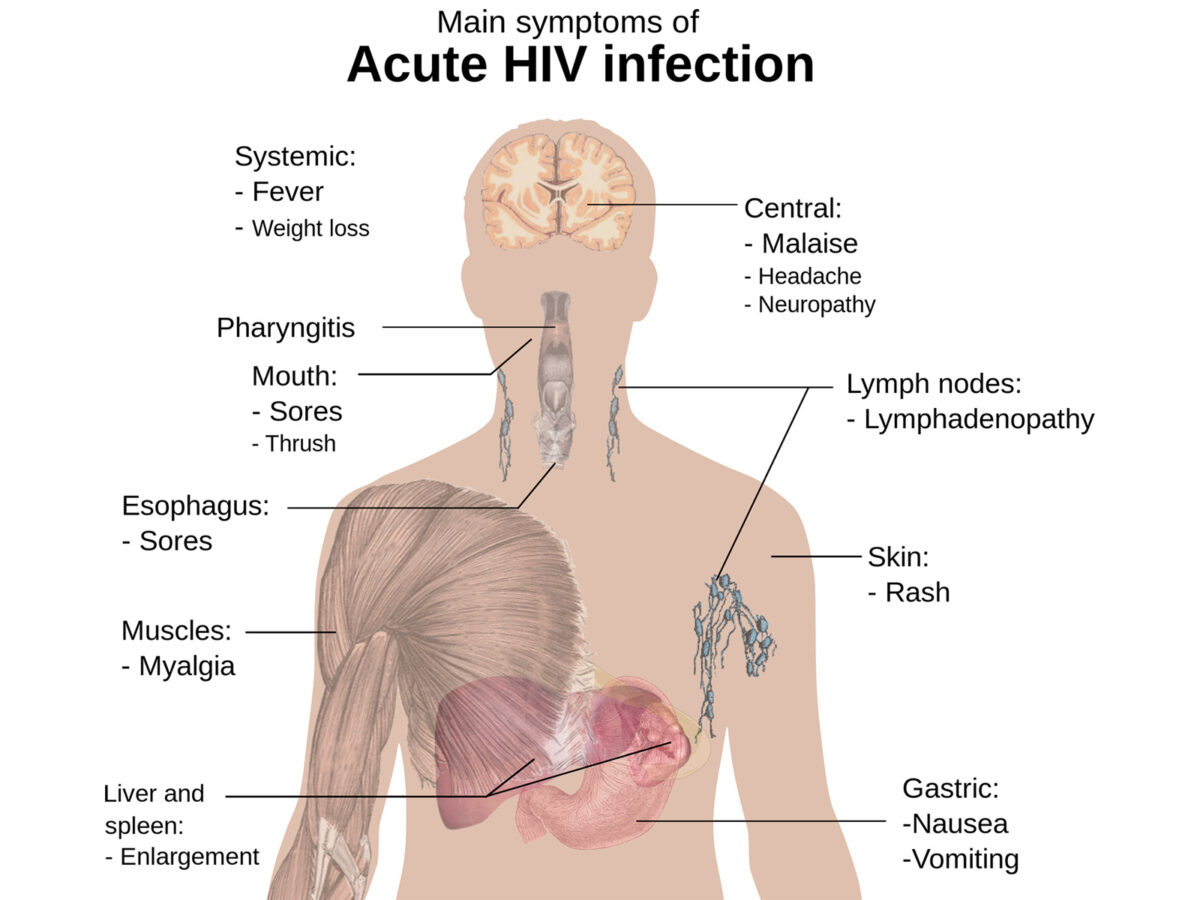Blog
Dental hygiene tips for healthy teeth & gums

How Does HIV/AIDS Affect the Mouth?
HIV is spread by sexual contact or through the use of a contaminated needle or syringe. When you have HIV, your immune system is weakened, which affects your mouth and oral health. This could lead to tooth loss and pain in the mouth. Dental and mouth problems related to HIV/AIDS dental and mouth conditions can be unpleasant, causing difficulty biting or swallowing. This may make it difficult for you to take your medication
Mouth issues due to HIV/AIDS
- Dry mouth
- Thrush
- Kaposi’s Sarcoma
- Outbreaks of herpes simplex virus
- Canker sores
- Mouth ulcers
- White lesions on the sides of the tongue (oral hairy leukoplakia)
- Red band gingivitis
- Ulcerative periodontitis
Or some other issues like
- Aphthous/ulcers or canker sores
- Herpes
- Airy Leukoplakia
Care HIV/AIDS Affected Mouths issues
- Make appointments with your dentist regularly.
- Brush and floss your teeth twice a day for two minutes.
- Make sure you take your HIV medication on time.
- Inform your doctor if you are experiencing dry mouth as a result of your HIV medication. Inquire about the best treatment for you.
Treatment
Common oral concerns due to HIV can be cured or prevented. So consult doctor or dentist for it.
Helpful Tips
A dry mouth happens when there is too little saliva or spits to keep your mouth moist. By regulating bacteria and fungi, saliva aids in the chewing and digestion of food, as well as protecting teeth from decay and preventing infections in the mouth. If you don’t have enough saliva, you may develop tooth decay or other illnesses, and you may have difficulty eating or swallowing. You may also have cracked, chapped lips, as well as a sticky or dry mouth with a burning sensation.
To relieve dry mouth, try the following:
- Drink plenty of water.
- Chew sugar-free gum or sugar-free gum.
- Chew sugar-free gum or sugar-free gum.
- avoid
- Tobacco
- Don’t drink any alcohol.


